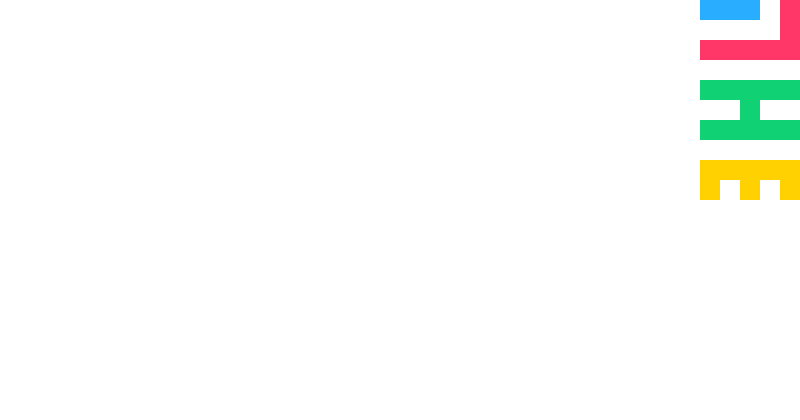The Browser Company's second act
The Browser Company today announced they're working on something new. Arc hasn't reached the critical mass they'd hoped so they're taking another shot at it with an entirely new browser that's simpler for the average user to wrap their head around.
Throughout my career, I’ve had projects shut down while searching for market fit, bogged down by restrictive timelines, budget constraints, and misalignment with management. That’s why this shift feels exciting – watching a team get the runway they need to create something.
For me, the Windows release of Arc felt like a turning point. With the focus shifting to bring the Windows version up to speed, major feature releases for Mac naturally slowed. You could see this coming.
I get it. When I showed it to some of my family, they weren't sold – and that’s fine. While I'm nervous that Arc won't get any major updates or new features, I'm interested to see what's next.
Razer attacks Apple's new MacBook with awful tweet

I'd be embarrassed to have anything in my house made by Razer at this point but, hey, if you know of a better way to win over the professional crowd than a childish, offensive tweet, please let Razer know. I’m sure they’d love to hear it.
The Verge is turning off comments
What we’ve found lately is that the tone of our comments (and some of our commenters) is getting a little too aggressive and negative — a change that feels like it started with GamerGate and has steadily gotten worse ever since. It’s hard for us to do our best work in that environment, and it’s even harder for our staff to hang out with our audience and build the relationships that led to us having a great community in the first place.
This is something that isn’t just isolated to The Verge unfortunately. I’ve found the communities surrounding several of the Vox properties to be overly passionate about the things they’re covering recently.
When something as simple as a phone review can send people into such a state where verbal harassment or personal attacks against writers and other commenters seems okay, it’s time to take a step back.
